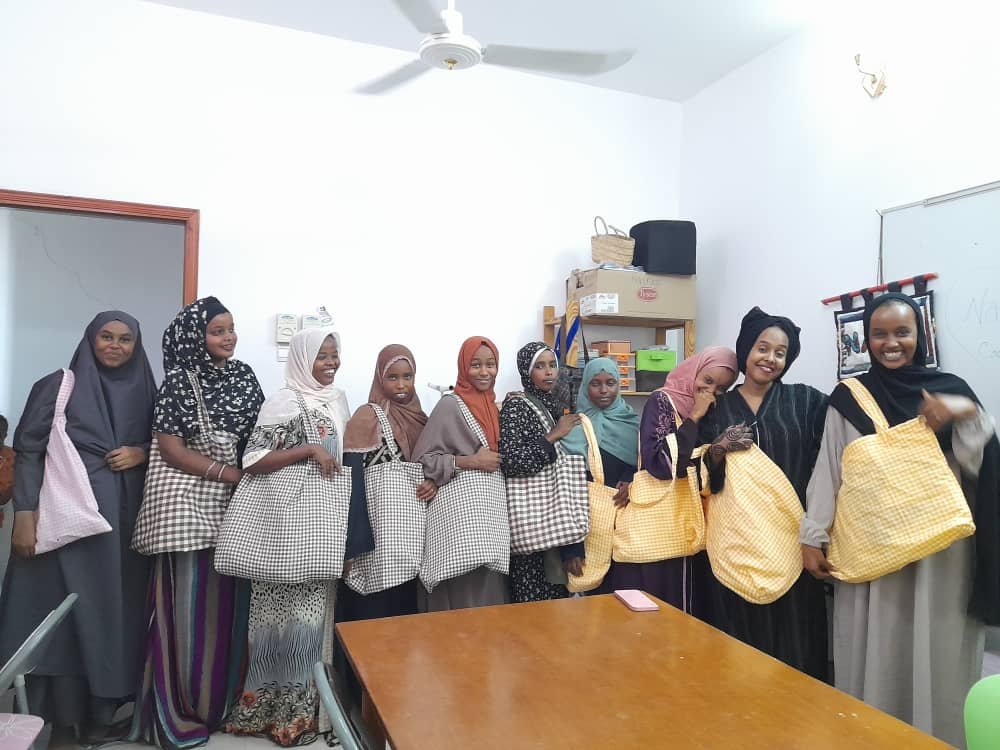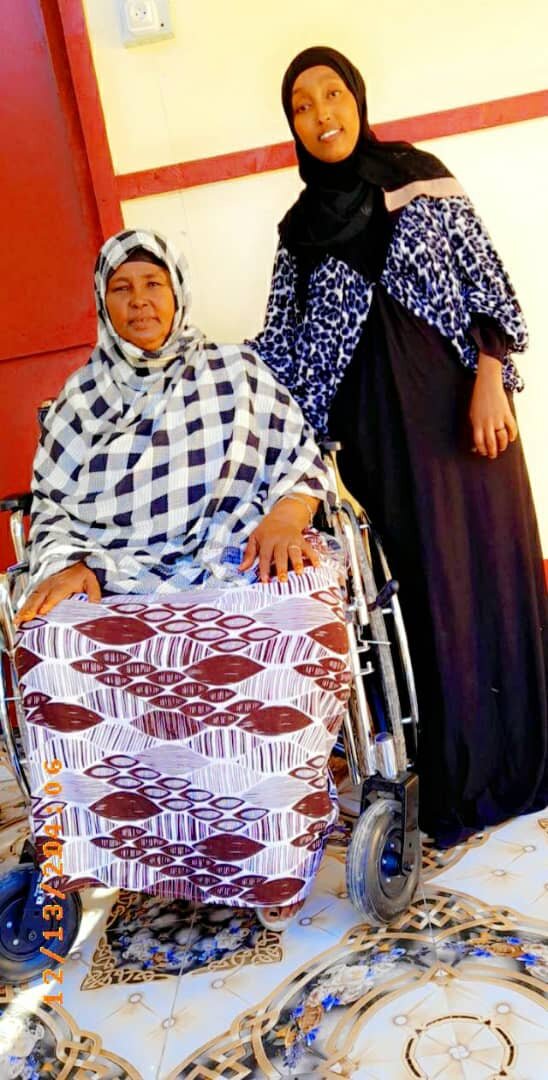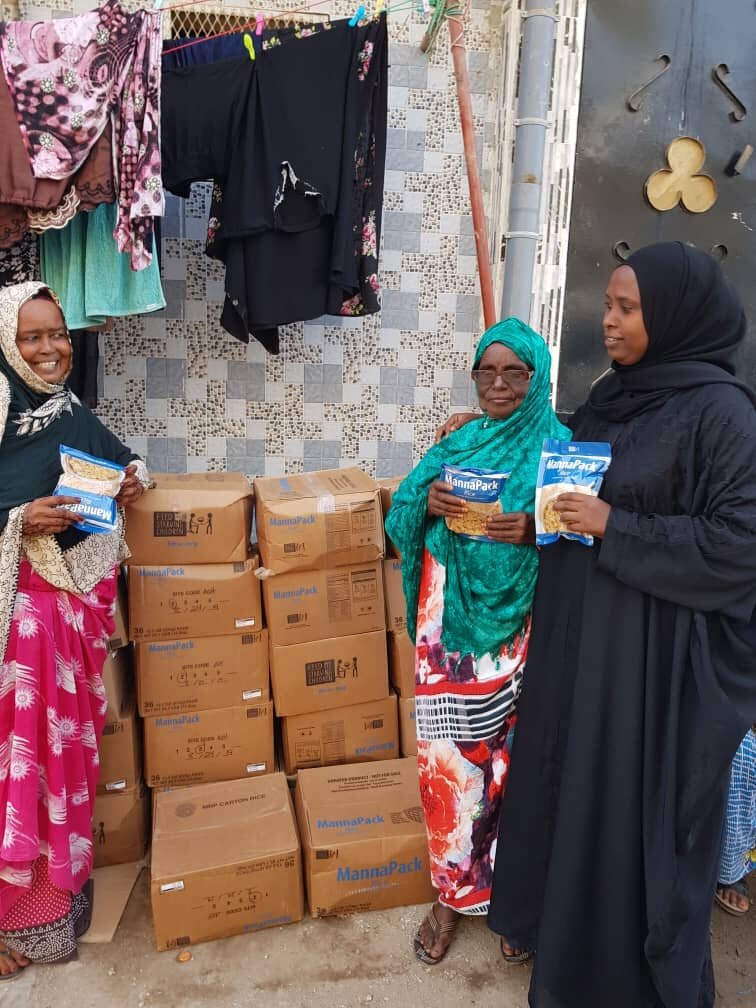
News
Latest Updates
Stay up to date with all the amazing work of L.I.F.E
More stories from L.I.F.E
Ahmed Receives Wheelchair, Dignity Restored!
Ahmed has been crippled for 15 years. He did not have a wheelchair so he would crawl on the ground in order to get around or he had to depend on someone else to take him places. Ahmed is 45 years old and received a wheelchair for the first time. He also received a special-made toilet. Our partners said that by giving Ahmed a wheelchair and toilet tailored to his needs that we were giving him the opportunity to a dignified life.
Somali Nursing Students Distribution Nutritious Rice in Somaliland
The nursing students from the Amoud Health Science faculty conduct family visits in the community. This semester they have been going to an area where people have returned to live after being in Ethiopia. During the war they fled from Somaliland to Ethiopia and now they have come back. In this specific area are the poorest of the poor.
In the initial visit from the nursing students they took a family health assessment where they assessed the nutritional status (MUAC assessment tool) of the children under five. In this specific area they found that some of the families who had children were malnourished or in danger of malnutrition. Some of the families could not provide three meals a day for their children. The students brought nutritious rice packages to give out to the families.
In Borma there is an orphanage with about 90 children between the of 3 and 16. The students went there to talk about health education and spend time with the children. They delivered also delivered one box of nutritious rice for the children.
Building Latrines
Water is vital for life but without good sanitation disease will spread and kill.
Water is vital for life but without good sanitation disease will spread and kill.
Large numbers of people flowing into refugee camps need an organized system for waste disposal that will not contaminate water supplies and will not attract flies. Without latrines, the people will use any open space. We build pit latrines (“long-drops”) for these circumstances.
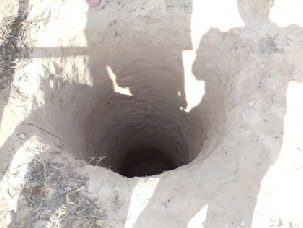
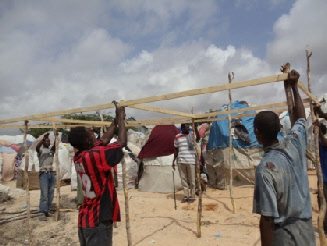
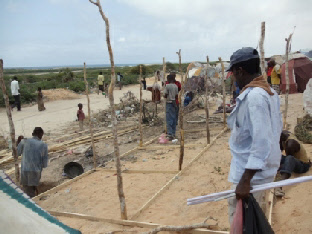
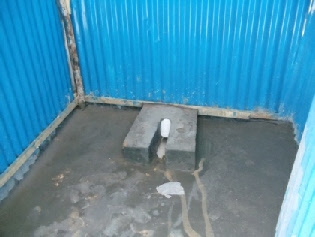
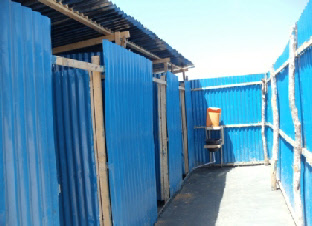
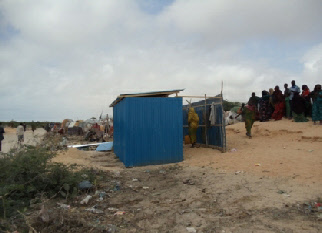
Medicine Supplies in Djibouti
A L.I.F.E. International consignment of medicines has been distributed to hospitals and clinics throughout Djibouti.
A Local Initiatives for Education (LIFE) consignment of medicines has been distributed to hospitals and clinics throughout Djibouti. The clinics include the Paul Faure hospital and the Caritas Clinic, shown here. The clinics enable poor people to get medical care and donations of medicines enable the clinics to function.
Medicines are dispensed at the Caritas clinic while patients line up outside.
Optometry Training: Djibouti
A L.I.F.E. International optometrist is training local technicians in eye-testing and in lens manufacturing
A Local Initiatives for Education (LIFE) optometrist is training local technicians in eye-testing and in lens manufacturing with the aim of having an optometry facility in each of Djibouti’s six districts. Five districts are rural and have no facility at present and Djibouti city has no optician’s shop for public use.
Trainee technicians are being taught in a laboratory set up by LIFE worker, Kurt, in Djibouti city. They attend three modules in refraction and lens fabrication.
There is interest from Djibouti City’s two hospitals, which do have optical facilities, as well as the 15,000 population refugee camp and rural districts which have none. Creating optical facilities in each of the rural regions will reduce the burden for the city hospitals and prevent the people having to travel to the city.
Negotiations with the government are under way for us to share facilities, training and expertise within government units, as well as to supply competent technicians from the training course.
Imported glasses are too expensive for much of Djibouti’s population and we would welcome assistance with importing materials for these technicians to make eye glasses at subsidized prices suitable for the local population. Transport/import costs are considerable, even when we have donations of second-hand equipment or materials.
Recent graduates in their new facility for making and selling glasses in a district hospital.

Join the story
Discover how L.I.F.E empowers communities to create lasting change, restoring dignity and inspiring people to build hopeful, thriving futures.

